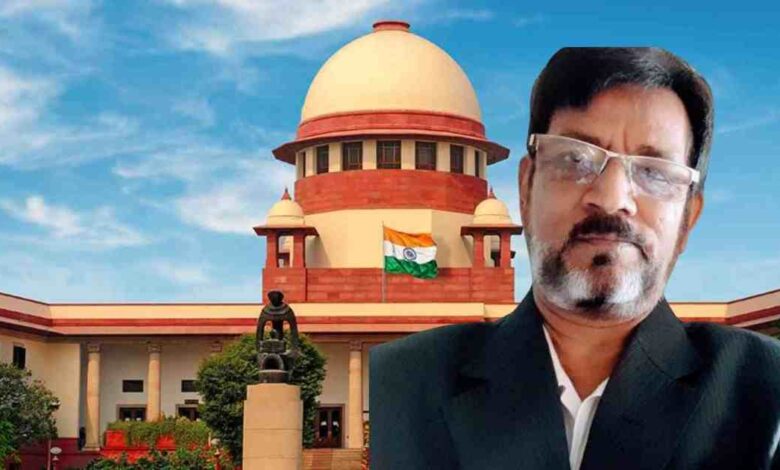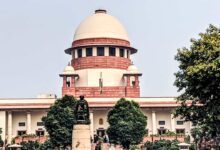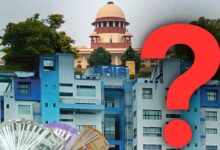25% DA: “We Would Have Explained it to the State…” Union Leader’s Explosive Remarks on DA Case

25% DA: The long-standing tug-of-war over Dearness Allowance (DA) between West Bengal state government employees and the state government has taken a new turn. While employees continue their fight for their rightful dues, the state government has consistently cited legal complexities. Recently, Malay Mukhopadhyay, the General Secretary of the Confederation of State Government Employees, strongly criticized the government’s stance, stating, “We would have explained it to the state; there was no need to go to the Supreme Court.”
The Core Issue
The honorable Supreme Court, in its verdict on May 16th, mentioned that the state government must take action in accordance with the previous rulings of the Calcutta High Court or the State Administrative Tribunal (SAT). The SAT had already delivered a clear verdict on the DA case. However, the employee confederation alleges that the state government is failing to comprehend the ruling and might appeal to the Supreme Court again for clarification. According to Malay Mukhopadhyay, they have submitted copies of the tribunal’s verdict to the state’s Chief Secretary and Finance Secretary. He believes that if the state government had called them for a discussion, they could have provided a clear roadmap on how the DA could be disbursed in a manner convenient for the state.
The Door to Discussion Was Open
The willingness of the employee union leadership to find a solution through dialogue is evident in Mr. Mukhopadhyay’s words. “We could have explained it to the state. We could have shown them a way to pay the amount according to the state’s convenience,” he stated. This comment clarifies that they are not only vocal about their demands but are also considerate of the state’s financial situation.
- The Employees’ Proposal: Practical solutions were offered, such as depositing the dues into the Provident Fund for currently serving employees and disbursing the amount in 12 monthly installments along with the pension for retirees.
- The Government’s Procrastination: However, instead of taking this path, the state government has further complicated the matter by considering another appeal to the Supreme Court for interpretation, a move that employees see as a delay tactic.
Questioning the Move to the Supreme Court
According to Malay Mukhopadhyay, the state government’s potential next step is entirely unnecessary. His primary arguments are:
- The Tribunal’s Verdict is Clear: The judgment delivered by the bench of Justice Ranjit Kumar Bagh and Justice Subesh Das is extremely clear and provides a detailed explanation of how the arrears should be paid.
- The Supreme Court is Unnecessary: The Supreme Court is already aware of the DA payment schedule according to the ROPA rules. Therefore, there was no need to seek further clarification.
- Employee Disappointment: The government’s attitude has left the employees disheartened. Mr. Mukhopadhyay alleges that the government has unilaterally pushed a resolvable issue towards a legal battle.
The state’s unilateral stance has not only fueled resentment among government employees but also places the additional financial burden of a legal fight on the state exchequer. It remains to be seen whether the state government will take the initiative to resolve this deadlock by sitting down for discussions with the employee unions or if it will wait for another clarification from the Supreme Court. However, there is no doubt that this incident has once again soured the relationship between the state and its employees.

